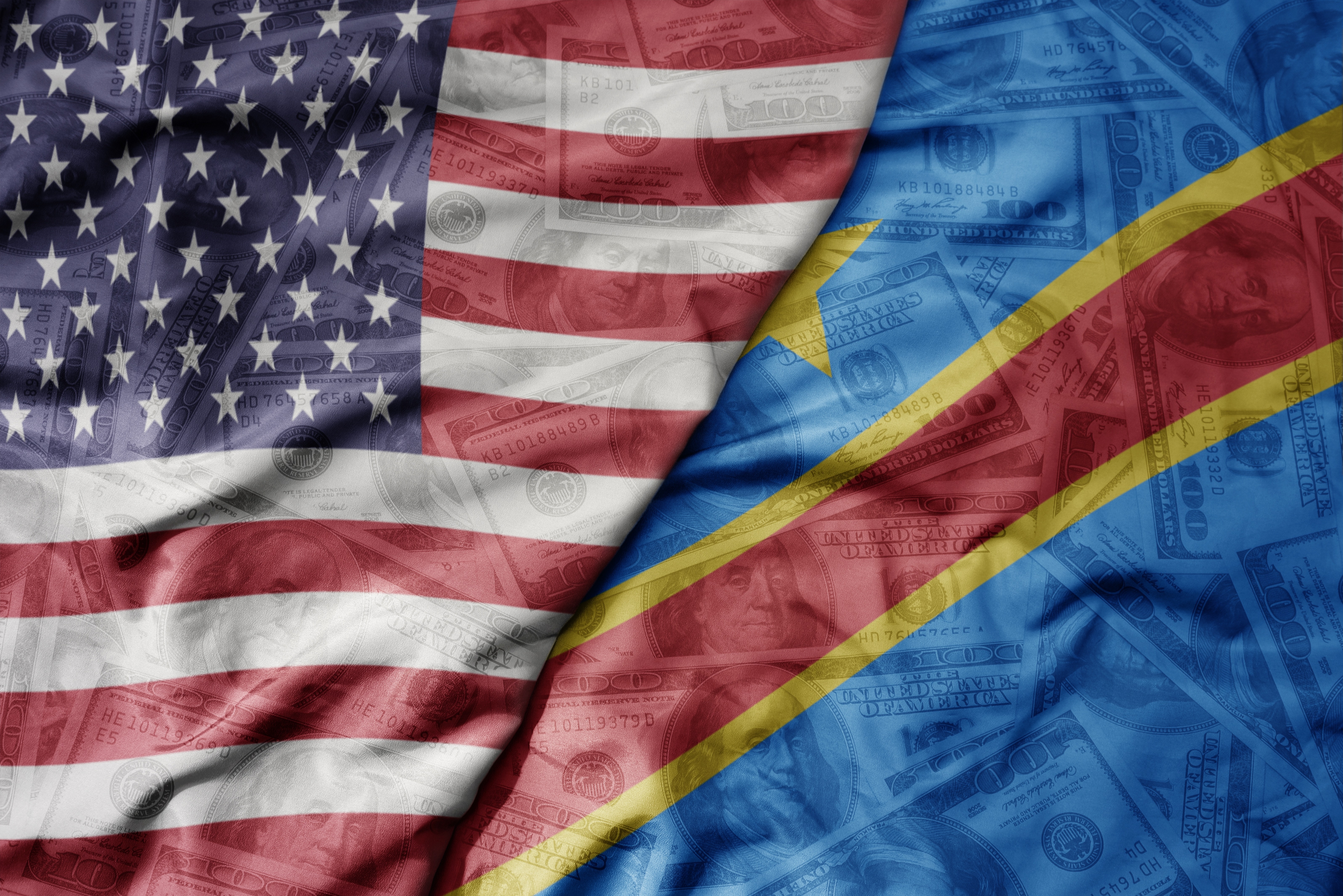America's Miscalculation in the Congo Crisis
Siméon Ndaye K. | June 2025

The United States is misjudging both the scope and seriousness of the crisis unfolding in the Democratic Republic of Congo (DRC). By concentrating almost exclusively on the Rwandan-Congolese dispute and framing the situation mainly through a security lens, Washington is failing to grasp the deeper political and social upheavals driving instability. This narrow view risks strengthening an increasingly autocratic regime and eroding the U.S.’s reputation as a neutral and principled actor in the region.
A Crisis Rooted in Domestic Decay
What is happening in Congo goes far beyond cross-border tensions. The crisis is deeply internal and multifaceted, driven by entrenched authoritarianism, economic stagnation, shrinking civil liberties, and ongoing human rights abuses. These domestic issues are not secondary—they are fundamental to any meaningful understanding of the country’s turmoil.
Yet current U.S. policy appears blind to these realities. By aligning itself with President Félix Tshisekedi’s administration, Washington is inadvertently propping up a regime that faces growing public discontent. For many Congolese, the government represents failed promises, democratic backsliding, and worsening living conditions.
A Deepening Political Divide
Congo has reached a pivotal moment of political polarization. On one side is President Tshisekedi, increasingly reliant on authoritarian tactics to maintain control. On the other, a revitalized opposition movement is emerging, committed to reclaiming democratic governance.
Former President Joseph Kabila—long a dominant figure in Congolese politics—has re-entered the national arena from the country’s east, now largely under the influence of the Alliance Fleuve Congo (AFC). This movement openly demands the end of Tshisekedi’s rule and a break from his centralized power. Kabila’s reappearance is more than symbolic; it signals a significant shift in political dynamics.
Meanwhile, seasoned opposition leaders such as Moïse Katumbi have forcefully condemned the regime’s repressive tendencies, casting themselves as champions of constitutional democracy and individual freedoms. Their voices echo the broader aspirations of a population increasingly hungry for real change.
A Strategic Partnership Turned Trap
Instead of maintaining neutrality, the United States finds itself drawn deeper into Congo’s internal political battles. Tshisekedi has effectively marketed himself as a strategic partner to Washington—presenting a narrative of regional security cooperation and economic opportunity. But behind this image lies a calculated bid for political survival.
Tshisekedi isn’t seeking peace or reform—he’s seeking protection. His goal is to leverage American geopolitical interest into a shield for his regime, not through military deployment, but by anchoring U.S. influence in Congolese mining and strategic partnerships. In doing so, he is drawing the U.S. into a trap—one where it becomes not a force for stabilization, but an inadvertent defender of repression.
The Risk of Moral Erosion
By getting too close to Tshisekedi’s regime, Washington jeopardizes both its ethical standing and its strategic effectiveness. Instead of supporting democracy and human rights, it risks being seen as enabling authoritarianism and silencing legitimate dissent.
If the United States hopes to play a constructive role in Congo’s future, it must reassess its approach. That requires recognizing the political roots of the crisis, engaging with all key stakeholders—including opposition leaders—and listening to the voice of the Congolese people, not just the voice of the presidency.
Only then can Washington contribute meaningfully to a Congo that is peaceful, democratic, and inclusive.
